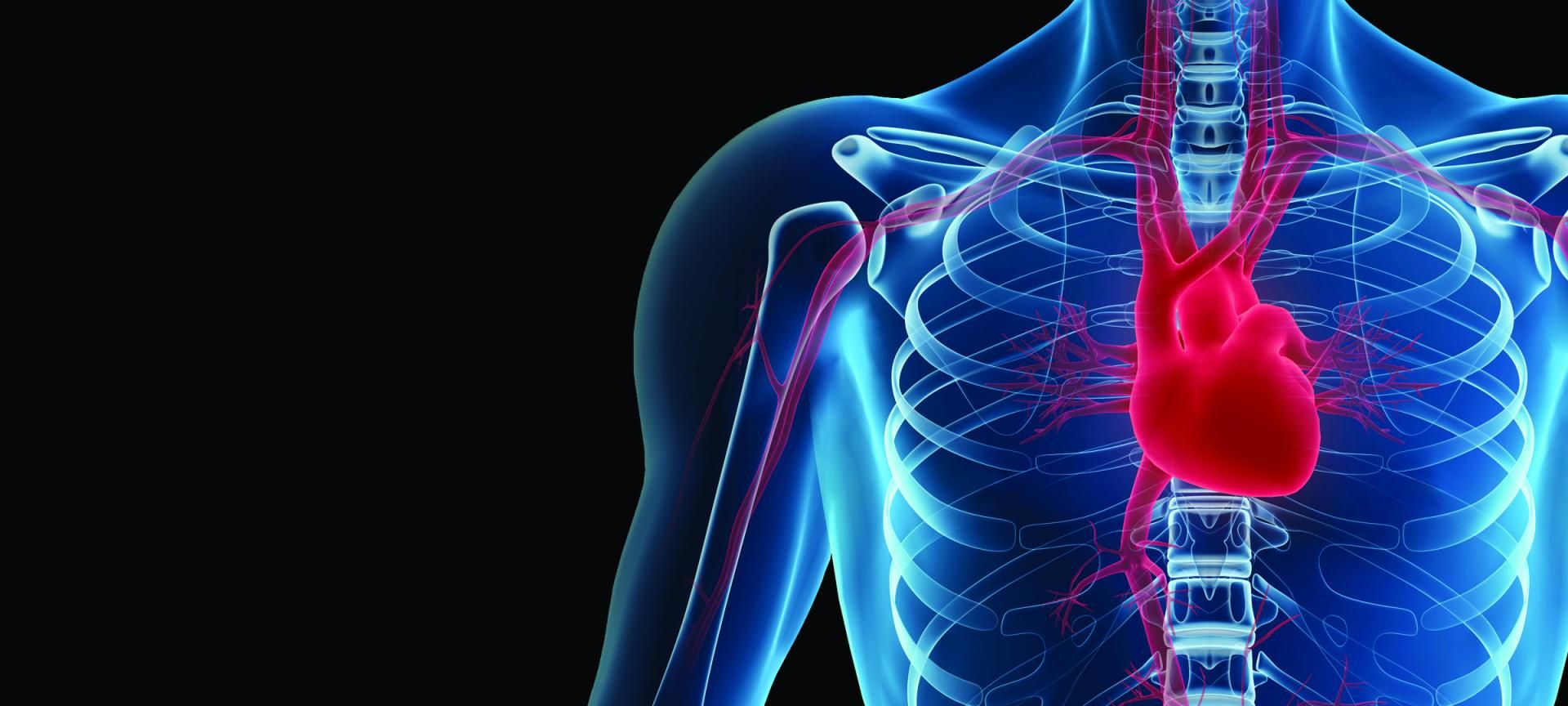Vitamin K Deficiency Linked with Higher Risk of Cardiovascular Disease?
An 11-year study found that lower activity of vitamin K-dependent proteins (VKDPs) is associated with an increased risk of ischemic cardiovascular disease.
Photo © iStockphoto.com/comotion_design

Researchers have published further evidence supporting a connection between vitamin K deficiency and heart health, with a new study suggesting lower activity of vitamin K-dependent proteins (VKDPs) is associated with an increased risk of incident cardiovascular disease.
Writing in Arteriosclerosis, Thrombosis, and Vascular Biology, researchers evaluated the VKDP activity in a random sample of 709 multiethnic middle-aged and older adults free from cardiovascular disease. Subjects were then followed up with for 11 years to document ischemic cardiovascular-disease events, such as coronary heart disease, stroke, and fatal cardiovascular disease. Researchers determined VKDP activity by assessing circulating des-γ-carboxy prothrombin (DCP) concentrations, with higher DCP concentrations reflecting lower VKDP activity-an inverse relationship.
The follow-up results suggested that incidence rates of ischemic cardiovascular disease were higher with greater concentration of DCP, reflecting lower activity of VKDP. What’s more, subjects with the lowest VKDP activity were found to have an approximately two-times higher risk of cardiovascular-disease events than subjects with the highest VKDP activity.
NattoPharma (Oslo, Norway), supplier of MenaQ7 Vitamin K2 as MK-7, said the study “draws a clear line between vitamin K deficiency and an increased risk of coronary heart disease.”
“This is yet another important study showing that a lack of K vitamins, particularly vitamin K2, results in increased cardiovascular risk,” said Hogne Vik, PhD, chief medical officer of NattoPharma. “This finding should raise awareness of this important class of proteins as a potential contributor to cardiovascular disease protection.”
Vik also noted that the majority of study participants were found to be vitamin K subdeficient, which is defined as DCP concentrations greater than 2 ng/mL. But for most people, certain vitamin K types may be in shorter supply than others, he explained.
“Western populations are not afflicted with blood diseases because of a vitamin K1 deficiency. Clearly we get enough vitamin K in our diets to effectively coagulate blood,” Vik said. “However, our total K status outside the liver-particularly vitamin K2 status-plays an important role in maintaining and supporting our heart and bone health.”
As of the study’s publication, 19 VKDPs have been described, notes NattoPharma, with the proteins thought to play important roles in platelet function, coagulation, and vascular biology.
Read more:
Vitamin K2 for Bone, Heart Health: Just the Tip of the Research Iceberg?
Study Finds Vitamin K2 MK-7 Efficacy “Essentially Equivalent” in Yogurt and Supplements
Bone-Health Cofactors: New Science on Vitamin D, K2, Magnesium, and Zinc
Michael Crane
Associate Editor
Nutritional Outlook Magazine
michael.crane@ubm.com
References:
Danziger J et al., “Vitamin K-dependent protein activity and incident ischemic cardiovascular disease: the multi-ethnic study of atherosclerosis,” Arteriosclerosis, Thrombosis, and Vascular Biology, vol. 36, no. 5 (May 2016): 1037–1042

.png&w=3840&q=75)

.png&w=3840&q=75)



.png&w=3840&q=75)



.png&w=3840&q=75)







